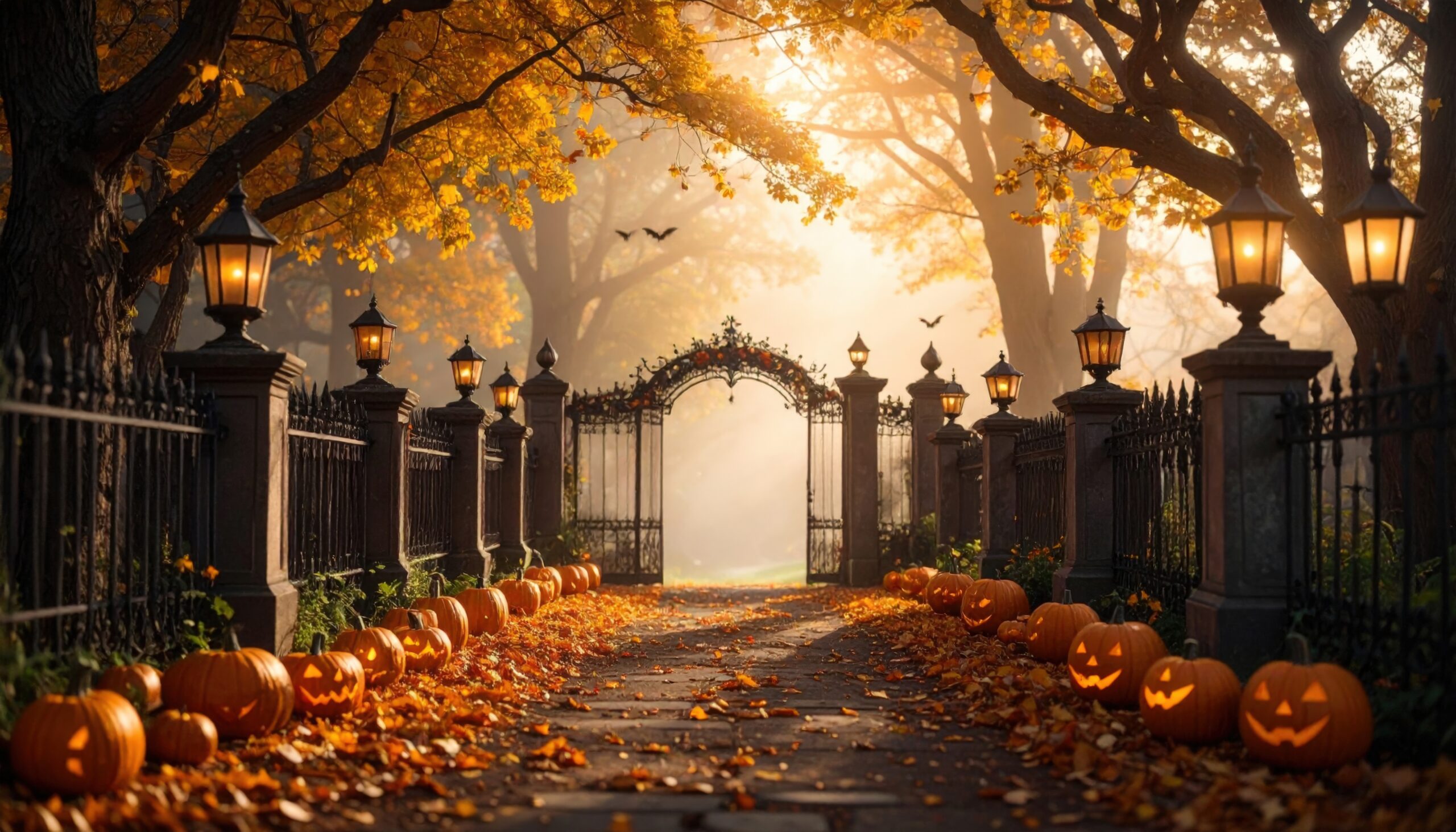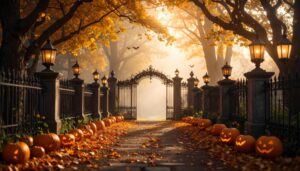The performance at the chapel, the roaring bonfire, the fraternizing that lingered into the early morning hours—it was all now just a memory. So, for that matter, was Sophia. The argument that Thomas had suppressed that night surfaced and resurfaced throughout their senior year. The breaking point came when Sophia skipped the spring break trip to Florida to attend a spiritual retreat.
After graduation, Thomas took a job at an investment banking firm in the same city that was home to his alma mater. He couldn’t believe how much money they were paying him—four years of dogged determination in the classroom combined with an outsized share of brainpower had been well rewarded. He lived in a posh apartment complex, a sports car sitting in his parking space in the garage beneath the building. He was putting in the time at the office, angling for an early promotion, but his social life wasn’t suffering for it; the nightlife in the financial district was the one thing his four years in college hadn’t fully prepared him for.
It was a Saturday evening—the calendar had just flipped from November to December—and Thomas had spent the entire day hunkered down in his apartment, prepping for the next in a series of exams that would eventually land him his certification. Deciding he needed a break, he picked up his coat and headed outside for a walk. The air was cool and crisp, and the light from a full moon was only sporadically muted as a patchwork of clouds scudded across the evening sky. For what seemed like no particular reason, he decided on a stroll through campus—it was less than a mile away.
The walk began uneventfully enough. But after a few minutes, the clouds had all moved through, and Thomas sensed an otherworldly intensity to the moonlight that illuminated the cityscape before him. It was as though the rays of light were boring through his skull and permeating his brain, stimulating his mind like a high-powered jolt of caffeine. He glanced up at the moon and his mind shot back to a few courses he had taken early in college, one in astronomy and another in physics. Involuntarily and yet instinctively, he began mentally rehearsing—to his own surprise—the formula that characterizes the moon’s elliptical orbit about the earth.
Thomas had now stopped walking. He stood on the sidewalk looking up as people passed by him on either side, his eyes drawn to a bright light that he recognized as Jupiter. He then located Saturn and Neptune, although he wasn’t sure how he so easily found them within the cluster of stars that lit that portion of the sky. Or how he was so certain as to their identity. Neptune! he thought to himself. I shouldn’t be able to see that without a telescope. As he continued to gaze upward, he could see, in a way he didn’t understand, the ecliptic that traced out the path of the planets through the night sky, almost as though he were looking at a diagram in a textbook. His mind and his vision had taken on a preternatural capacity that he couldn’t explain. He felt as though he had acquired a sixth sense.
Thomas resumed his advance, and, after a time, with the moon’s light radiating down upon him, a notion that he had consistently rejected throughout his high school and college years took hold of him: What if the mathematically quantifiable and scientifically decipherable character of the natural order was not pure accident? What if it was simply the observable consequence of a rationality that was intrinsic to that order. A rationality that had been infused—that had been baked into nature. Such a state of affairs would, in turn, necessarily imply a rational existence that was prior to all else.
Without realizing it, Thomas crossed the street that served as the boundary between city and college campus. His mind had been at work, pressing through the implications of a rationally created order, when he stumbled upon another thought, one that he found far more disturbing: the existence of such an order would be contingent. There was nothing, in other words, that would exist out of necessity, either in its origins, or at this very moment.
With the stock market that he watched every day of his working life, a bubble could burst or a bottom could drop out and send stock prices spiraling downward in a freefall. But those stock prices would eventually settle. The shares would still exist at the close of the market, and they would have a price. They would live to see another day of trading. Most of the time, anyway. This was different. The moon, the people on the sidewalk—the planet on which he stood!—could all evanesce into nothing, it seemed, on a mere whim. They could simply no longer be. Their very existence rested on some source of rationality and will that he neither knew nor could see. Most troubling was that he himself was one of those contingent existences.
Thomas, absorbed in thought as he continued his walk, was surprised to find himself approaching the center of campus. He noticed that the chapel was lit from inside. The quad was about as crowded as he would have expected for a Saturday night, with students mingling and strolling about. He aimlessly followed a sidewalk that took him on a diagonal path across the quad, landing him near the entrance to the chapel. The doors were open, and a woman was standing at the edge of the doorway, cradling something in her arm—it looked like a stack of programs. What is going on in the chapel on a Saturday night? Thomas wondered. He had the uncomfortable sense that the woman had been watching him, and for reasons that he could not fathom he walked toward the entrance.
As Thomas approached, he saw that the woman wore a blue dress. A veil covered her face, but it was sufficiently thin that he knew he was looking at a stunningly beautiful creature. He had never seen her before, and he surmised by her appearance that she was probably a freshman. There was almost a glow about her. Her facial expression and body language carried the suggestion that she expected him to enter. So compelling was this radiant teen girl that Thomas did something he had never done in his four years as a student: he set foot in Immaculate Conception Chapel.
As he was passing through the doorframe, Thomas was vaguely aware that the young woman took a program from her stack and held it out for him. “You’re going to need this,” she said, unmistakably, except that he did not audibly hear it. Without looking—his eyes were fixed on what lay before him—Thomas took the program and slid it into his coat pocket. The warmly-lit chapel was completely empty—that seemed odd in itself—but there was also a nativity scene in the transept, to the right of the altar, that gave off a captivating glow all its own.
Gazing about at the interior of the chapel, Thomas drifted forward until he found himself standing before the illuminated depiction of the first Christmas. The figures were carved from wood, and yet they seemed alive. If one of them had blinked or let out a sigh, Thomas would scarcely have been surprised. When his eyes came to rest on the infant in the feeding trough, he was overcome with the sense that he was looking at the elusive origin of the rationality behind all that is. He found the notion inconceivable, and yet, he perceived that the entire natural order somehow radiated forth from the mind of this infant. And, so also, the will upon which the contingent existence of the universe rested.
For a single fleeting moment, Thomas permitted his determined, hyper-analytical mind to succumb to the possibility that everything he had been sensing that night—the rationality, the contingency—might all be true. And at that instant, as if someone flipped a switch, the seeming sixth sense that accompanied him on his walk to the chapel vanished. The manger scene no longer gave forth with its own light. The figures in the scene, carved from wood, looked like nothing more than dead wooden carvings. Thomas instinctively spun himself around so that he was facing the back of the chapel; the young woman was no longer there.
He walked outside onto the quad and looked around—up at the moon and the stars, at the students walking about, at everything all around him. The overpowering sense of a rational origin to the entire order of things had disappeared. Thomas jumped up in the air and deliberately landed both feet on the frozen December topsoil with a forceful thud. It felt unyieldingly solid. All sense of contingency was gone.



